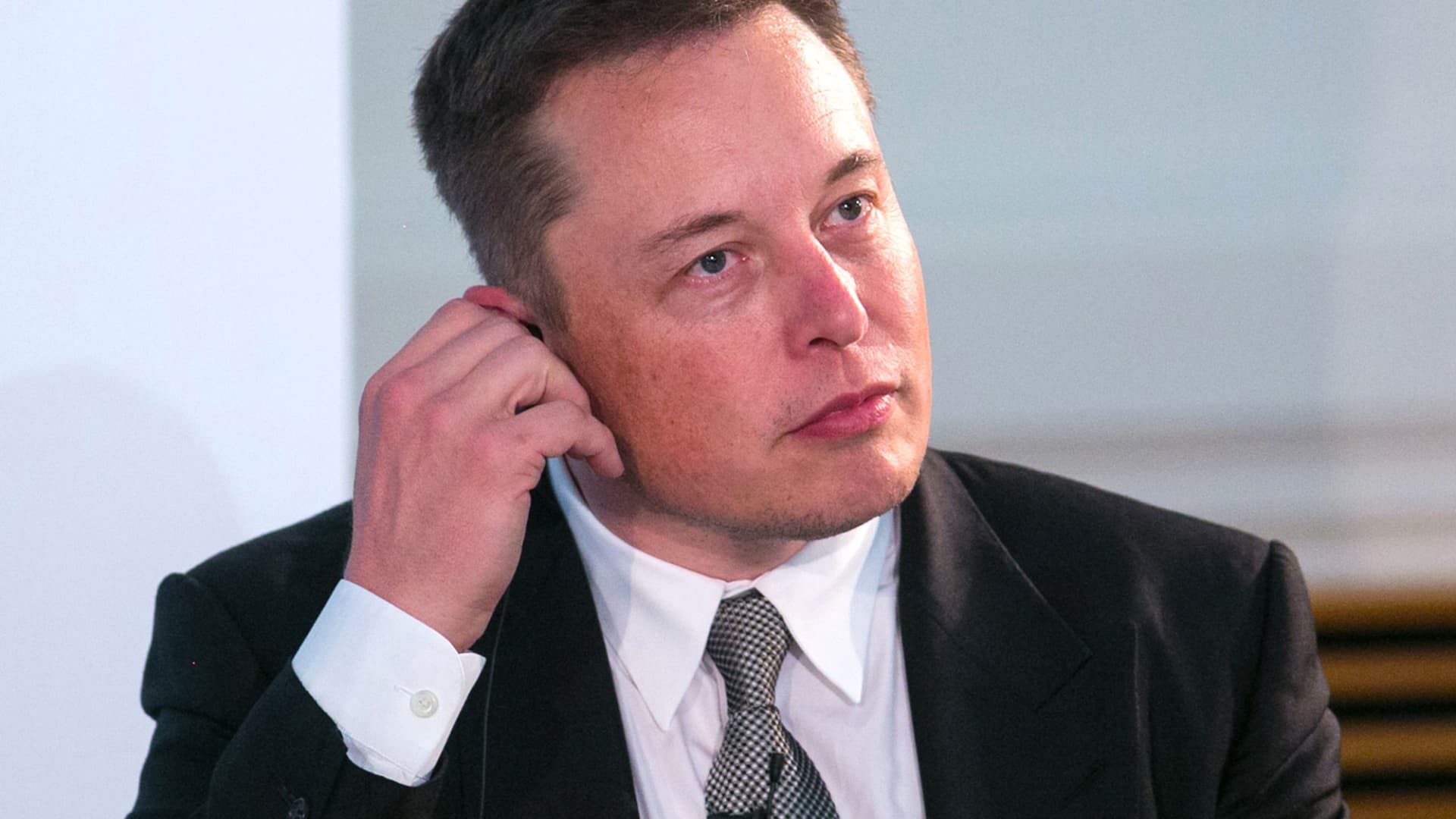In a court filing out late Friday, shareholders who are suing Tesla and CEO Elon Musk over alleged securities fraud said they won part of a critical ruling in their class-action lawsuit.
The shareholders are suing Tesla over money they lost after Musk tweeted in 2018 that he was considering taking his electric vehicle company private at $420 per share and said he had funding secured to do so.
Tesla’s stock trading initially halted, then shares were highly volatile for weeks after the tweets. Musk later said that he had been in discussions with Saudi Arabia’s sovereign wealth fund and felt confident that funding would come through at his proposed price. A deal never materialized.
The Securities and Exchange Commission investigated and charged Musk with civil securities fraud as a result of those tweets. Tesla and Musk struck a revised settlement agreement in 2019 over those charges, but Musk is trying to terminate that agreement now.
Damages from the shareholders’ class-action lawsuit could amount to billions of dollars that would be paid by Musk and Tesla to those who are members of the class.
The shareholders’ attorneys said in the filing out Friday that Judge Edward M. Chen, who is presiding in this matter, had concluded that Musk acted with scienter — in other words, that he knowingly made false statements about having funding secured when he tweeted.
This information was revealed in a request the shareholders’ lawyers made for a temporary restraining order against Musk to stop him from making further public remarks about aspects of this case, as he did during a widely viewed appearance at the TED 2022 conference on April 14.
The request for the temporary restraining order alludes to an earlier ruling by Judge Chen that is currently under seal because it refers to evidence that Musk’s team regarded as confidential. “We anticipate the order will be published soon,” Adam Apton of Levi & Korsinsky, lead counsel for the class of Tesla shareholders, told CNBC by email.
At the TED conference on Thursday, Musk called financial regulators in the SEC’s San Francisco office “bastards.”
Musk also said, “The SEC knew that funding was secured but they pursued an active, public investigation nonetheless at the time. Tesla was in a precarious financial situation. And I was told by the banks that if I did not agree to settle with the SEC that they would, the banks would cease providing working capital and Tesla would go bankrupt immediately. So that’s like having a gun to your child’s head. I was forced to concede to the SEC unlawfully.”
It’s not clear why Musk felt he may have been unable to obtain working capital for Tesla, but confident he could muster the billions required to take the company private at the same time.
Musk is currently the richest person in the world on paper, and is trying to acquire Twitter, his social media platform of choice, and take it private for around $43 billion.
Musk’s attorney Alex Spiro, a partner at Quinn Emanuel Urquhart & Sullivan, told CNBC, “Nothing will ever change the truth. Elon Musk was considering taking Tesla private and could have.” He added, “Plaintiffs’ lawyers are trying to make a buck and others are trying to block the truth from coming to light all to the detriment of free speech.”
Spiro gave a similar statement to Bloomberg, which first reported on new developments in the shareholders’ class action.
A trial date is currently set for May 31, 2022, in a San Francisco federal court, but that could change.
Levi & Korsinsky’s Apton told CNBC, “We look forward to proving the rest of our case at trial and recovering damages on behalf of the class.”
